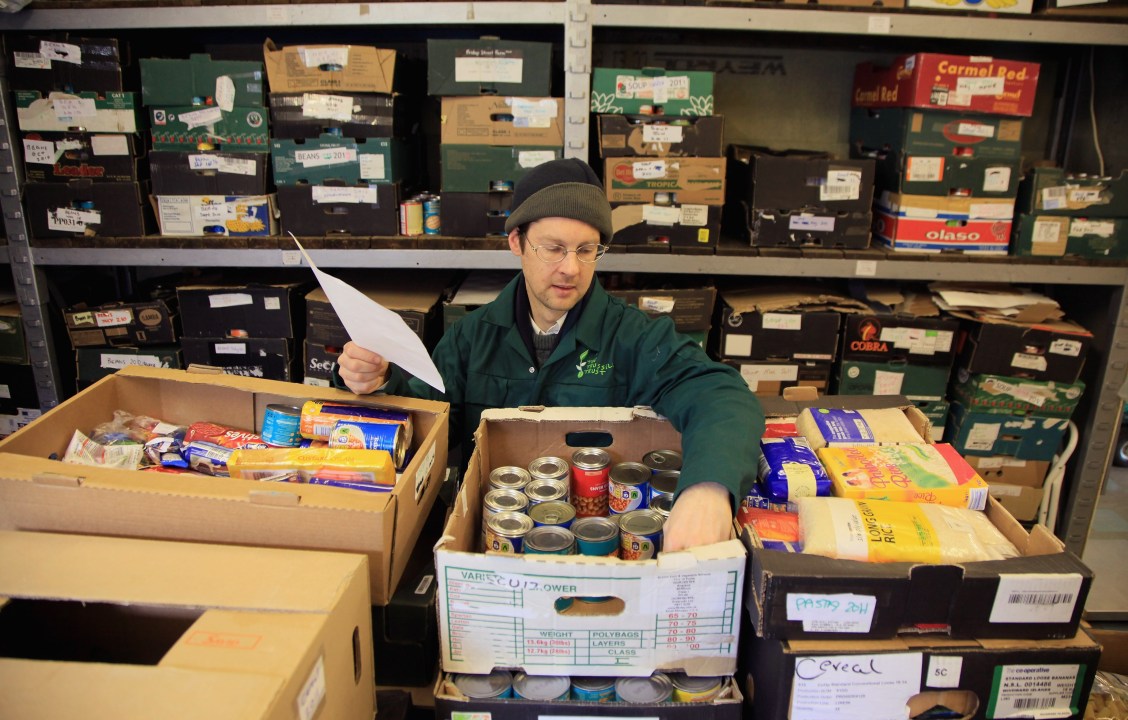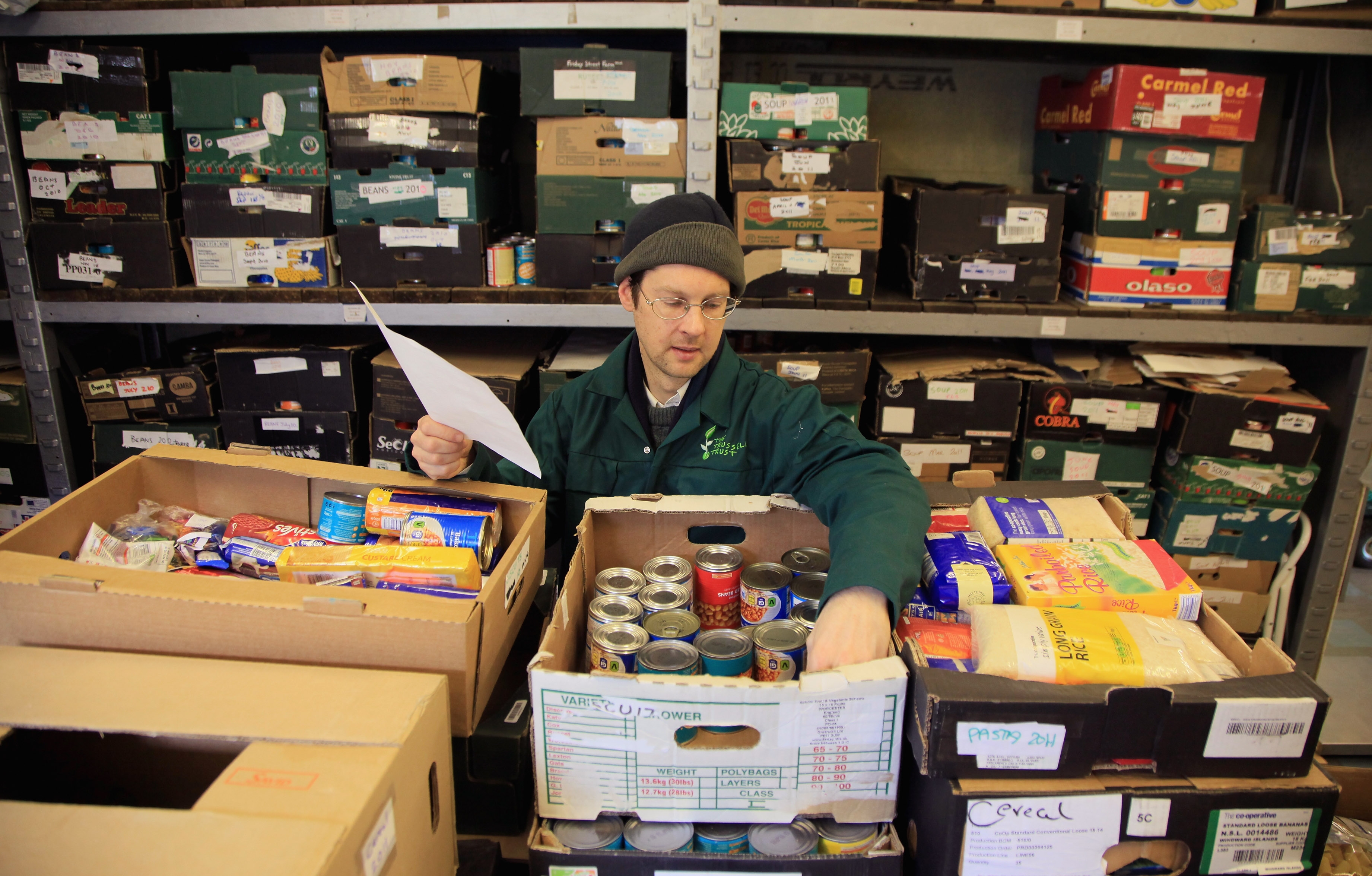What’s behind the rise in demand for food banks? Over the past few years, the default Conservative line has been that the reasons people need emergency help are ‘complex’. This is certainly true: the figures released by the Trussell Trust, which runs the largest network of food banks in the country, show that there is no one factor in food bank use. But those figures also show quite clearly that problems with the payments of benefits, or cuts to benefits, are a major driver: the top four reasons cited for referring someone to a food bank in 2017-18 were low income (28.49 per cent), benefit delays (23.74 per cent), benefit change (17.72 per cent) and debt (8.53 per cent). Other factors included homelessness, sickness, no recourse to public funds, domestic abuse, delayed wages, feeding children during the school holidays and being turned down for a short-term benefit advance.
Today, Work and Pensions Secretary Amber Rudd took the unusual step of acknowledging this. She told the Commons:
‘It’s absolutely clear there were challenges with the initial roll-out of universal credit and the main issue that led to an increase in food bank use could have been the fact that people had difficulties accessing their money early enough.
‘We have made changes to accessing universal credit so people can have advances, so there is a legacy run-on after two weeks of housing benefit, and we believe that will help with food bank use.’
Rudd did make clear as soon as she was appointed that she wanted to ensure that the welfare system was ‘compassionate’, but this is nevertheless a marked change of tone from the repeated insistence of her predecessors that government policies were not driving food bank demand. So what’s going on?
Rudd and the Tory whips have been aware for months that Universal Credit is not just a problem that agitates Labour: their own colleagues have been seriously concerned about the design of the benefit and its rollout in their constituencies. It has thus changed from being something thrown across the floor of the Commons during a political debate, and is now an issue that the Conservatives know they cannot ignore. Rudd, for her part, has learned from her experience of doing as she was told at the Home Office, and is trying to act with more independence. She also has the sense to know that the problems with Universal Credit are now so widely-acknowledged that to pretend that everything is fine would be to look delusional, and that it is far better to frame the reforms as a work in progress, rather than the epitome of perfection.
Number 10 later backed her up, saying: ‘We have long acknowledged there were issues with the initial rollout of universal credit. That’s why we listened and made improvements.’
From a political point of view, though, the Tories are so badly behind on the matter of food banks that they will always struggle to produce a coherent narrative about why demand for them has risen so much. Under David Cameron, they tried not to talk about them at all, and more recently they’ve tried to show a greater confidence about local food banks, with MPs posting photos of their visits. This has attracted opprobrium from the Left, some of which has been rather ridiculous: MPs should be visiting charities in their constituencies, and many of the complaints seem to be that they haven’t been pulling exactly the right kind of contrite face in the photo that they’ve tweeted. But it’s hard to feel much sympathy for the Conservatives when they are nearly a decade behind the rest in knowing what to say about food banks.







Comments